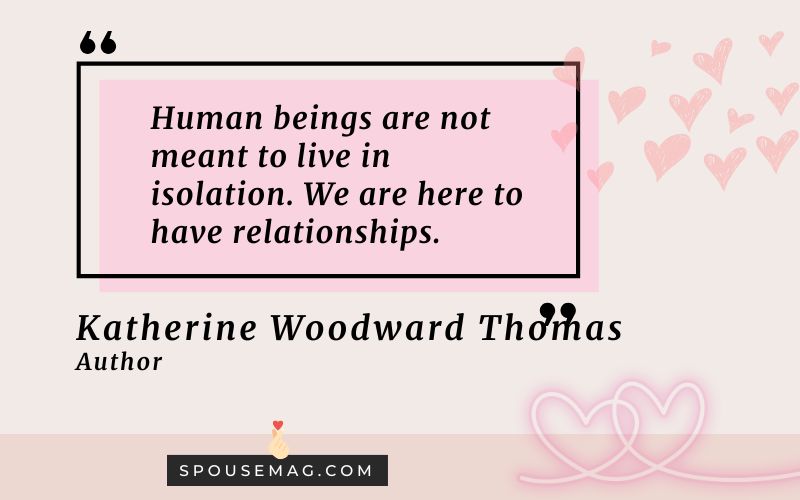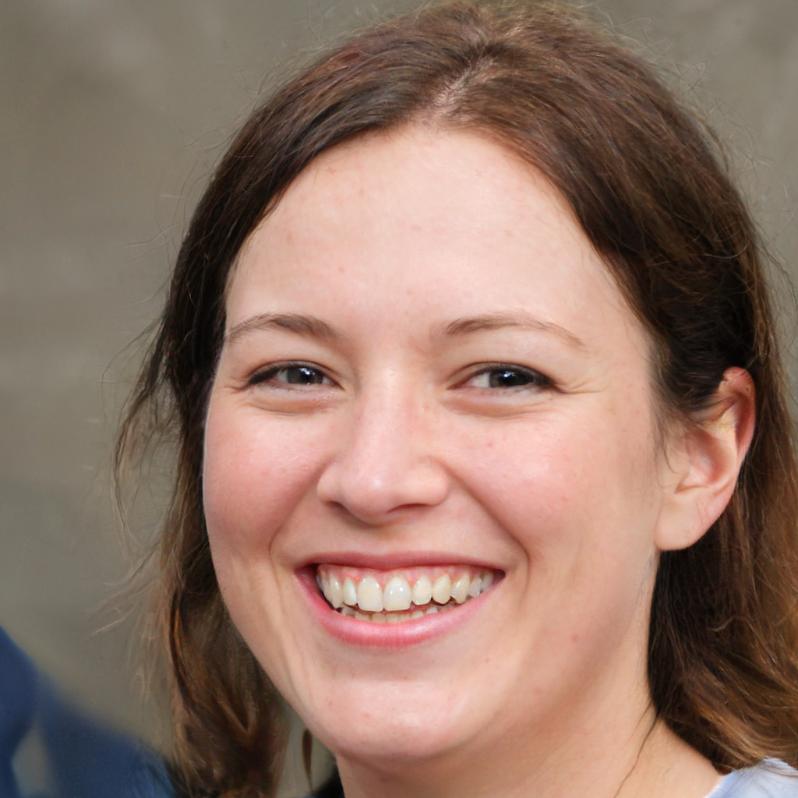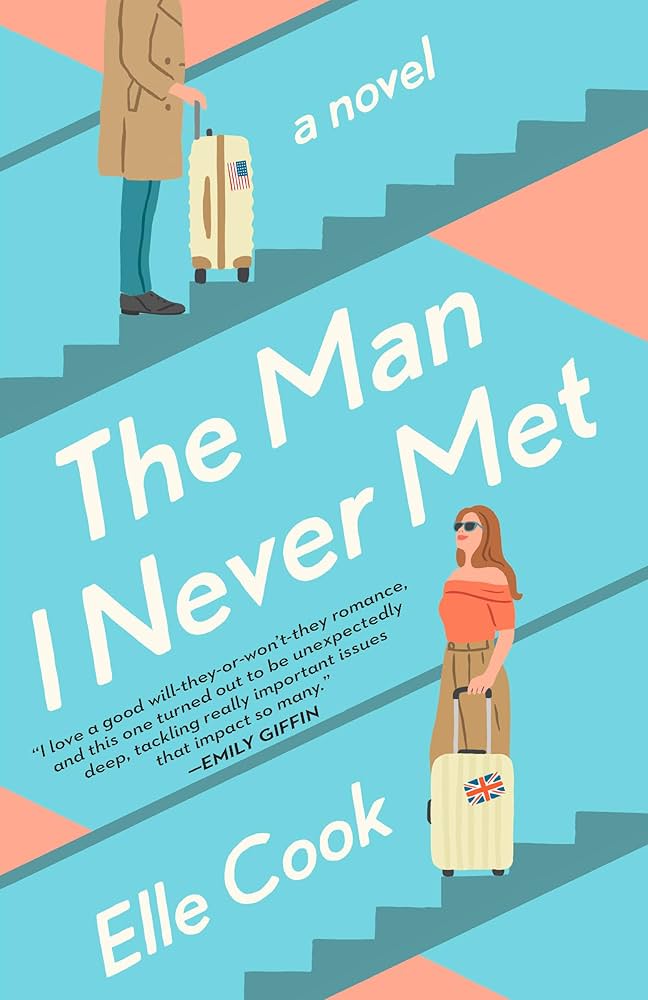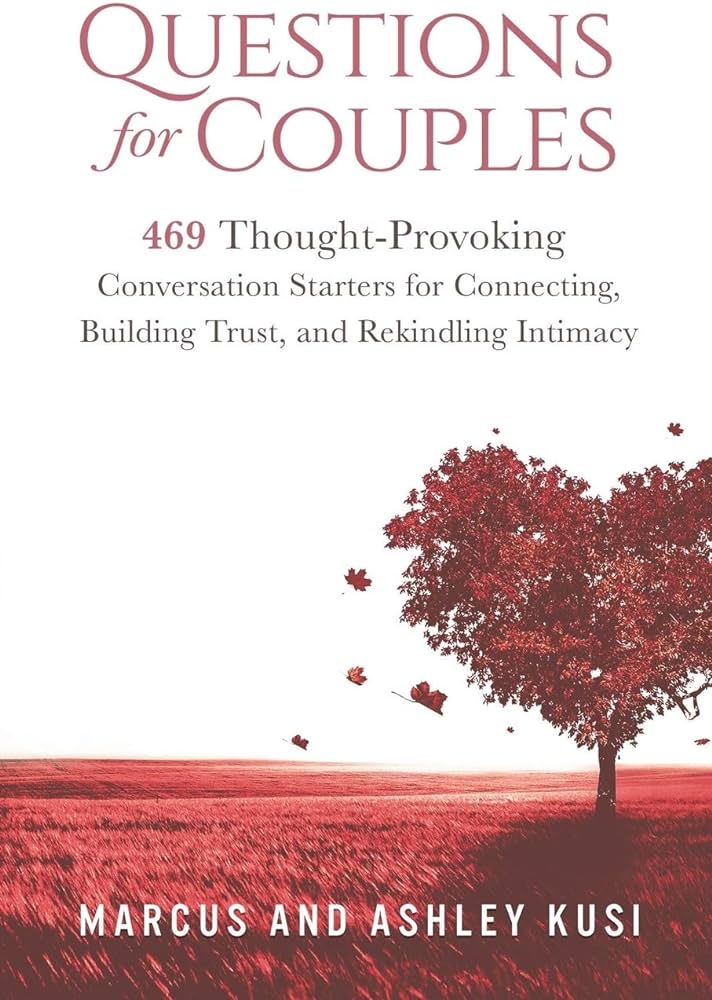Katherine Woodward Thomas’s Calling in “The One” offers a structured seven-week program designed to guide readers through a transformative journey toward finding and attracting the love of their lives.
The book’s core message is simple yet profound: to attract the love you desire, you must become the person who embodies that love. This involves cultivating positive energy, practicing self-care, and believing in the possibility of finding a soulmate.
I particularly appreciated the book’s focus on personal growth and healing. It’s not just about finding a partner but becoming the best version of yourself. The seven-week program provides a structured framework for self-reflection and transformation.
Self-Love and Acceptance
In “Calling in ‘The One”, Katherine Woodward Thomas emphasizes that self-love and acceptance are the bedrock of healthy relationships. The idea is straightforward: before you can truly attract and maintain a fulfilling relationship, you must cultivate a deep love and respect for yourself. This involves embracing your flaws, recognizing your strengths, and understanding your worth.
Thomas argues that when you genuinely love yourself, you set a standard for how others should treat you. I remember reading this and thinking about all the clients I’ve worked with. Even though they seemed confident on the outside, many had deep insecurities that impacted their relationships.
Critique: Overlooked Depths of Self-Love
While self-love is crucial, the book could explore the complexities of achieving this. Self-love is a journey riddled with societal pressures, past trauma, and self-doubt. The book touches on these but doesn’t fully explore the psychological and therapeutic approaches necessary for those struggling with self-acceptance.
Healing Past Wounds
Thomas argues that unresolved emotional baggage is a major barrier to new love. It’s like she’s saying, “Look, past hurts are part of the story, but they don’t have to be the ending.” I appreciate her emphasis on forgiveness, not just for others but for yourself. It’s a tough pill to swallow, but essential for moving forward.
I recall a particular client who was stuck in a pattern of failed relationships, and it wasn’t until we worked through her unresolved pain from a toxic relationship in her early twenties that she was able to move forward. This book’s emphasis on healing is crucial because it highlights a truth we often overlook: you can’t build a new, healthy relationship on the foundation of old, unhealed wounds.
Critique: Neglected Need for Professional Guidance in Healing Proces
The focus on healing is commendable, but the book could benefit from more guidance on when professional help is necessary. For some, past wounds are deeply rooted in trauma, requiring the expertise of a therapist. While the book offers useful tools for self-reflection, it risks oversimplifying the healing process by suggesting that self-guided practices alone are sufficient for everyone.
Like Attracts Like
Thomas introduces the idea of “like attracts like,” implying that nurturing positive energy and self-love will naturally draw a partner who embodies those traits. It’s a subtle yet powerful concept that aligns with the law of attraction principles. The book encourages readers to focus on becoming the type of person they want to attract, suggesting that inner work will lead to external rewards in the form of a compatible relationship.
It made me reflect on times when I was in a negative headspace and attracted partners who mirrored that negativity. Conversely, when I’ve been in a place of self-love and positivity, the connections I’ve made have been infinitely more fulfilling.
Critique: Overlooked Realistic Challenges in Relationships
It’s easy to fall into the trap of thinking that if you stay positive, everything will magically fall into place. But relationships are complex, and while energy matters, it’s not the only factor at play. Timing, circumstances, and the unpredictability of human nature also play significant roles. I found myself appreciating Thomas’s perspective but also craving a bit more realism—yes, cultivate positive energy, but also be prepared for the twists and turns that life inevitably throws your way.

Manifesting Desires
Thomas encourages readers to manifest their desires by visualizing their future relationship and believing in its possibility. She suggests that by consistently focusing on your desires and acting as if they are already on their way to you, you can accelerate the process of attracting a partner. The book includes exercises like visualization and affirmations to help readers stay aligned with their desires.
I’ve seen this work in my life, not just in relationships but in various aspects of life. When I started believing that I deserved a healthy, loving relationship, I found myself naturally gravitating toward people who aligned with that belief.
Critique: “Overlooks Realistic Balance in Manifestation
While manifestation is a powerful tool for focusing your intentions, it also leads to unrealistic expectations. The book could benefit from a more balanced discussion of manifestation, acknowledging that while positive thinking and visualization are helpful, they are not a guarantee of results. It’s important to combine manifestation with practical action and understanding that not everything is within our control.
Cultivating the Right Habits for Love
Incorporating daily practices like meditation and journaling into your routine is a game-changer. Thomas emphasizes the importance of self-care and mindfulness in attracting love. I couldn’t agree more. When you take care of yourself, you’re better equipped to handle life’s challenges and build strong relationships.
Meditation and journaling are like your cheerleaders, helping you understand your feelings and build resilience.
Critique: Limited Self-Care Options
Let’s be real: while meditation and journaling are great, they are not everyone’s cup of tea. The book could have offered more diverse options for self-care practices. Some people prefer exercise, spending time in nature, and creative outlets. It would have been cool if Thomas had included a wider range of suggestions to cater to different personalities.
Conclusion
Overall, “Calling in ‘The One'” offers a comprehensive and thoughtful approach to attracting love. Katherine Woodward Thomas provides practical tools and strategies that, when applied with intention, lead to significant personal growth and the possibility of finding a meaningful relationship.
The principles in this book are powerful, but they require patience, persistence, and sometimes additional support to fully implement.
Reader’s Thoughts About Calling in “The One”: 7 Weeks to Attract the Love of Your Life
Emily, 32: “I loved Calling in “The One”! It felt like a warm hug while offering practical advice. While I haven’t found “The One” yet, I feel more confident and prepared for a healthy relationship.”
David, 35: “I approached Calling in “The One” with a healthy dose of skepticism, but I was pleasantly surprised. It’s not a magic formula for love, but it offers valuable insights into personal growth. The author’s emphasis on self-love and healing is spot on.
Emma Harper, 27: “The book offers valuable insights but sometimes oversimplifies the complexities of love and personal growth. A deeper exploration of professional support and societal influences would enhance its practical approach.”
Rating: ⭐⭐⭐⭐ (4 out of 5 stars)
Recommendation: I loved Calling in “The One”! The book is like having a wise, compassionate friend guiding you through the ups and downs of finding love. If you’re ready to invest in yourself and open your heart to new possibilities, I wholeheartedly recommend giving it a read.

As a married wife, founder, and editor of SpouseMag.com – these guides are based on my own personal experiences, observations, research and insights. I am transparent about being inspired by the life and work of the two greatest experts in the relationship space – Dr. John and Julia Gottman, and Harville and Helen. They two are some of the strongest couples, researchers, authors, and counselors when it comes to marriage and relationships. My advice and guides are based on my insights and research, and they are not an alternative to professional advice.




